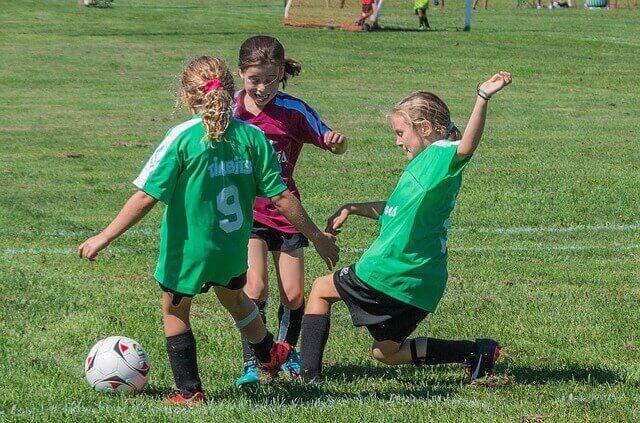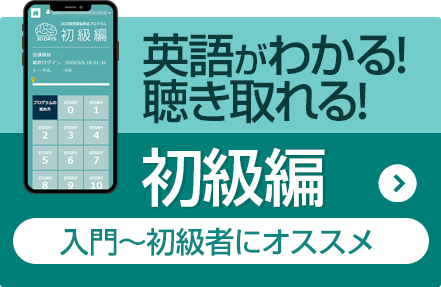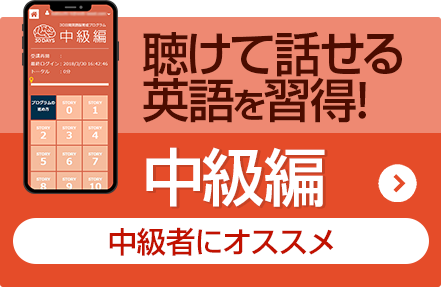- 30日間英語脳育成プログラムTOP ›
- 英話を話す100のヒントTOP ›
- 文法・単語・読解のヒント ›
- 英文読解“Play Time”-1
- 関東学院大学文学部
簡単な動詞 play を正しく使おう!
動詞「play」の使い方についてのネイティブ大学教授の見解を読んでみましょう!それほど難しくない内容です。
[1]
During my early years in Japan, I often asked my students about their free time activities. These students were university students and young company employees, all over 18 years old. The conversations often went like this:
●意訳
日本に来て最初の数年の間、私は生徒に自由時間の過ごし方をよく尋ねたものでした。その生徒たちはみな18才以上の大学生と若い会社員でしたが、次のような会話でした。

[2]
Me: What do you do in your free time-like, on weekends?
Student: I play with my friends.
Me: Play? What do you play?
Student: [??]
Me: I mean, do you play a game? Or play a sport, like soccer?
Student: [??]
Me: Music, perhaps? Do you play music with your friends?
Student: We…we just play.
●意訳
私 「自由時間は何をしますか。週末とか?」
生徒「友達と遊びます。」
私 「遊ぶ?何をして遊びますか。」
生徒「??」
私 「ゲームか、サッカーなどのスポーツをしますか。」
生徒「??」
私 「もしかして音楽?友達と演奏していますか。」
生徒「ただ…遊んでいるだけです。」
[3]
I still often hear my students say "I like to play with my friends" and I still find this strange, but now I understand what they mean. I suppose the problem is the way we native speakers use the verb "play."
●意訳
今でも生徒が"I like to play with my friends"と言うと変な感じがしますが、今ではその意味がか分かるようになりました。問題は、ネイティブが"play"という動詞をどう使うかだと思います。

[4]
The general rule is this: Small children simply "play," but adults play something. When we use "play" without an object noun, it implies a kind of childish activity without rules or organization. Five-year-old children can enjoy running around, screaming, tickling each other, throwing things at each other, and so forth. Such random activity is what we call playing. University students, on the other hand, certainly don't run around, scream, tickle, and throw things-except for the members of my seminar.
●意訳
一般的な規則はこうです。つまり、小さな子供は単にplayを用いますが、大人はplayの後に「何か」を付けます。ネイティブがplayを目的語の名詞なしに使ったら、ちょっと子供っぽくて、ルールや秩序のない感じです。5才児だったら楽しく走り回ったり、叫び声をあげたり、からかい合ったり、物を投げ合ったりもします。このような目的のない行為はplayingと言いますが、大学生は走り回ったり、叫んだり、からかったり、物を投げたりしませんよね、私のゼミ生以外は。
Part-2へ続く
<語注&要旨 佐々木彩子/神奈川大学非常勤講師>
- Joe Mckim
- 関東学院大学文学部准教授。専門は英語学、英語教育法。米国イリノイ州出身。1990年に明治学院大学を経て現職に就く。研究テーマ:Learners’ planning processes for second-language speaking and writing tasks Second-language test-taking strategies




